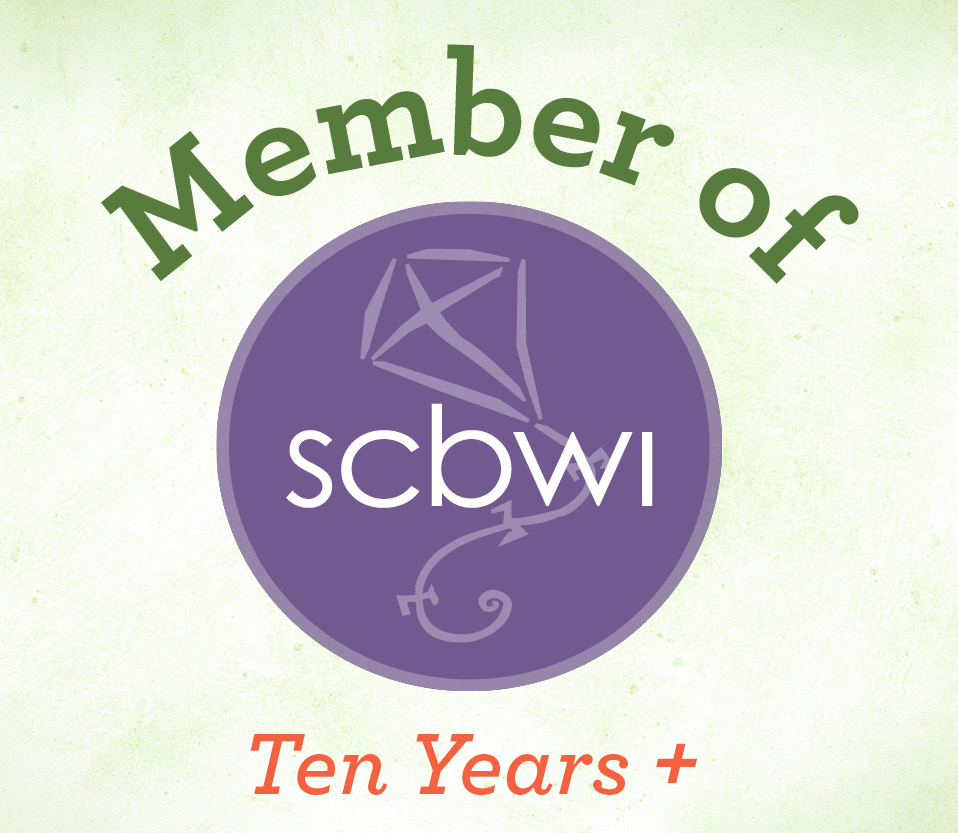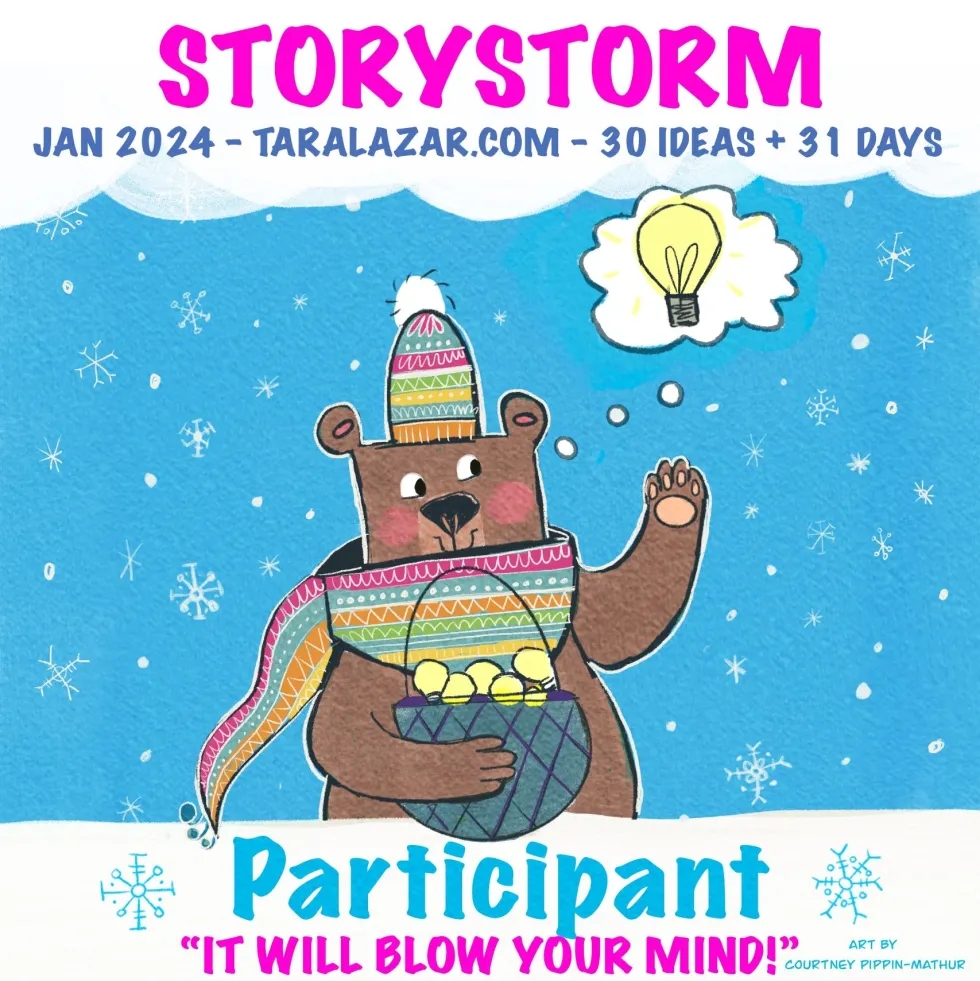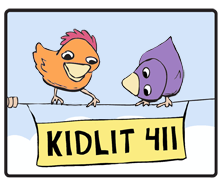Today I relished in a day off from having to drive up to work. No thirty-six-mile commute for me. Instead, after dropping my son off at school, I drove three minutes to the nearest Starbucks, where everyone knows my name (I have the melody from Cheers in my mind…) I parked myself there, with a venti Caramel Macchiato, and proceeded to rewrite the scene of my father’s death. I had decided that would be the scene I wanted to benefit from the manuscript consultation at Sanibel Island Writer’s Conference because it’s been one of the hardest to write. It will more than likely be one of the last chapters in my book, and one that is still raw. It’s been two and a half-years since he died, but I still remember every second of that day (though some parts have begun to fade along the edges and time has warped a little.)
I sat for almost four hours. I had a six-page “draft” I had churned out about a year and a half-ago. But it was all telling. It was a synopsis of what happened, but not real writing. So I put it aside and started fresh from memory, choosing a starting point that wasn’t the beginning, and worked it. I ended with ten pages, the limit I needed for the manuscript consultation. I know I can expand it more, though I don’t know if I need to. We’ll see how the consultation goes. It’s a deeply personal piece, one that I hope can stand on its own (in narrative) and that will be a part of the bigger picture (the book.)
After I finished, I had a quick bite at Subway (the usual – six-inch turkey and provolone cheese with lettuce, tomatoes, cucumbers, spinach, oil, vinegar, salt and pepper – I don’t stray from that either.) Then I returned a pair of shoes, and sat in my car, not sure where to next. I had at least another hour before I could go pick up my little one, since he was napping at school, and then it hit me: Go to mom’s house. I had to go anyway, because she’d made some Abui yogurt and soup, so it was the perfect excuse to go and esculcarle for the music sheets my dad had written me.
It’s always the same when I go to my mom’s house: I expect to see my dad. Even though a chair now sits at the head of the dining table, which was his place, and since he was in a wheelchair, didn’t need a chair, there was a glass of water on the table and a small prescription drug bottle on that side. My mom’s taken it over, but it reminds me of him.
(Note: I keep saying house, but it’s an apartment. We just always called it la casita when referring to it among ourselves.)
Anyway, my first greeting was a large roach on its back, dying. I sprayed some Raid on it, which caused it to start wiggling, causing me to itch. I despise roaches. I emptied out a small, white trashcan my mom had and placed it over the roach, giving it privacy while it died and giving me comfort that it wouldn’t suddenly spring back to life and chase me. Ha!
I went into my old bedroom, where I last knew the music sheets were, and I started searching. I looked around, moved books and boxes, removed bags, and found nothing. I prayed – Lord, illuminate me, give me an inclination where these things may be – and then I looked up. On the uppermost shelf of the closet where things, only I couldn’t tell exactly what those things were. So I moved a chair, climbed up, and moved some more. Sure enough, all the way to the back and right was a stack of folders and a white box. I got them and saw what I’d been looking for and so much more: awards, certificates, letters, music sheets, pictures, my baby book, school years memories, and old stories and poems I’d written! There was also a folder with information, schedule, etc. of when I played the bells for the superintendent of schools back in 1990 representing Everglades Elementary. Cool!
I came home with my treasure, eager to sift through it. I discovered (and somehow, I’d forgotten) that I wrote short stories when I was in high school, the early years. I remember writing poetry (really cliched, love-struck, rhyming poetry) because poems plagued my journals. But in a notebook, there they were: typed short stories with character development on a side sheet, typed in the first computer I owned: a hand-me-down dot-matrix computer! Insane. They were better than the poems I wrote (though that doesn’t necessarily say much about my writing back then)!
The best part, by far, has been the letters written to my mom and me by my dad, back in early 1990 when he went through a health crisis. He went to Colombia to get better, believing more in the doctors there than those here. These letters now give me a glimpse into his desperation, frustration and, more importantly, love. His love for us. His affection. I don’t remember that, and I wish I did. I wish I remember his telling me he loved me and he was proud of me. I wish I remember that affection. I don’t, but I now have these letters as proof they were real.
What prompted the search, though, and which I found, was the song he wrote for me when I turned nine. He played the piano, and he wanted me to learn. He also wrote music and lyrics, mostly religious ones when he was a priest. (I have recently found his collection of sheet music with church songs.) Well, he wrote two songs for me, that I remember: when I turned nine and when I went to Colombia by myself (I was also nine, almost ten.)
Here are the words to my daddy’s song (in Spanish, of course):
Mujercita eres ya
nueve son tus añitos. (Repeat)
El señor, que es tu Padre,
no te fallará jamás.
Siempre fiel a su amor.
Conducir te sabrá
por senderos oscuros
y llevarte a la gloria
de la ciencia y la virtud.
So yep, that was it. Short, but sweet and spiritual.
 This picture is of my paternal grandmother with four of her six children. My father sits in the bottom, nestled between his older brothers. The three are now gone. I have it tucked in the corner of my dry-erase board (which hangs over my writing desk at home) as a reminder that he’s watching over me. I can’t ask him now all the questions that flood my consciousness, but writing THROUGH THE WALLED CITY gave me a better idea of the Colombia he grew up in, of the stories he heard and the climate of his land. He loved his country, which is why when he died, we took his ashes to Manizales, his hometown, to be buried with his parents. He would’ve wanted that.
This picture is of my paternal grandmother with four of her six children. My father sits in the bottom, nestled between his older brothers. The three are now gone. I have it tucked in the corner of my dry-erase board (which hangs over my writing desk at home) as a reminder that he’s watching over me. I can’t ask him now all the questions that flood my consciousness, but writing THROUGH THE WALLED CITY gave me a better idea of the Colombia he grew up in, of the stories he heard and the climate of his land. He loved his country, which is why when he died, we took his ashes to Manizales, his hometown, to be buried with his parents. He would’ve wanted that.





